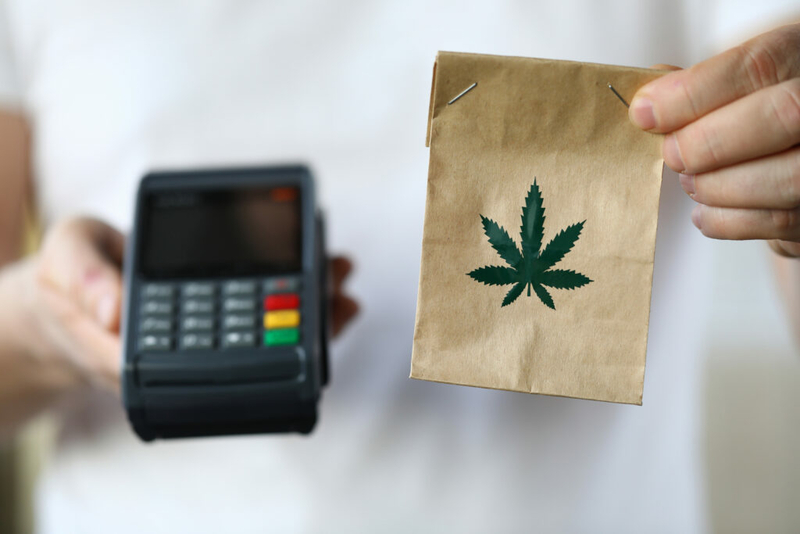DFL cannabis bill’s tax rates would be among nation’s lowest

Supporters of a bill working its way through the Legislature to legalize recreational marijuana have landed a new inducement: Lower taxes.
The new amendment, adopted by the House Taxes Committee this week, taxes cannabis and low-dose THC edibles at 8% for fiscal years 2024-2025. The next biennium, however, cannabis sales taxes would drop to 5.25%. In the following years, regulators would decide the rate in order for the industry to be self-sufficient, said the bill’s chief author, Rep. Zack Stephenson, DFL-Coon Rapids.
Stephenson explained the lower tax rate: “The theory behind this bill from the beginning has always been that we are not doing pot for potholes,” he said. “We are not legalizing cannabis in order to fund other enterprises of state government. We think that cannabis should be self-sufficient.”
House research estimates that in fiscal year 2024 the state will spend more than it takes in from cannabis by about $47 million. By fiscal years 2026-2027, however, estimates show Minnesota’s revenue would surpass costs, and the state would make about $50 million from cannabis sales.
The tax rates on Minnesota cannabis would be among the nation’s lowest, according to the Urban-Brookings Tax Policy Center. The theory is that low taxes will discourage consumers from getting their marijuana from the black market, Stephenson said.
The tax rates are also lower than what Gov. Tim Walz initially proposed in his budget — 15%.
The amendment adopted by lawmakers also prohibits cities and local governments from implementing their own local sales tax on cannabis sales.
Republicans, who have criticized the cannabis bill, said they want to give municipalities the ability to implement their own tax.
The committee, by a voice vote along party lines, referred the bill to the House Ways and Means committee, which is usually the last stop before hitting the House floor.
“Minnesotans are ready for this bill,” Stephenson said.








